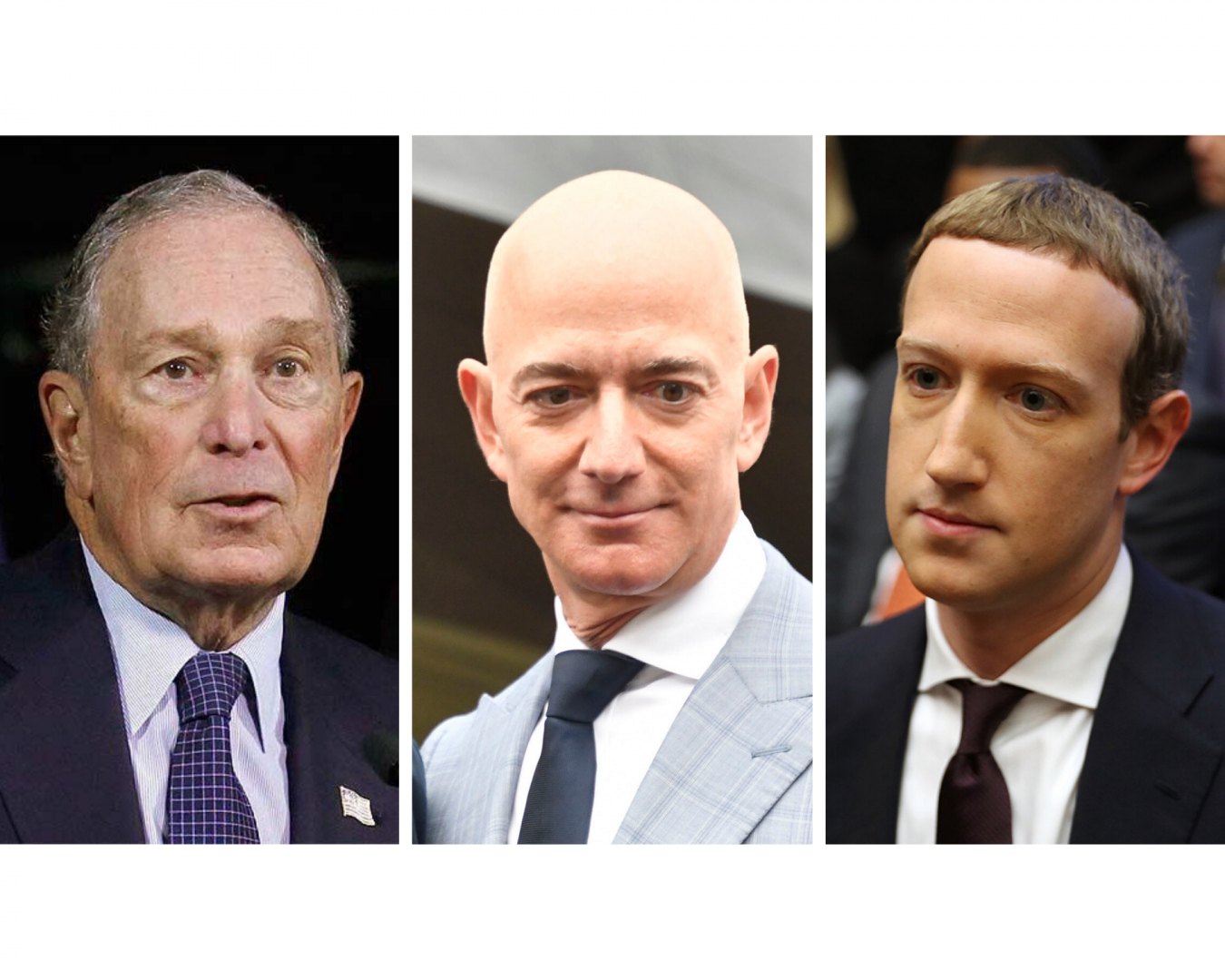“What would you do with $5 billion?” That’s a question one of my professors posed as an icebreaker during roll call.
Some students answered they would buy an island. Some said they would invest, some listed the lavish items they would purchase. Some claimed they would donate a portion to charity or research.
However, many people fail to realize how much $1 billion really is. If you spend $10,000 a day, it would take you 274 years to spend it. If you made $80,000 a year, it would take you 12,500 years to become a billionaire. Why would one person need such a massive amount of money?
Personally, I think that there’s no such thing as an ethical billionaire. Becoming a billionaire means exploiting the labor of the masses.
Take Jeff Bezos, the owner of Amazon, for example. His current net worth is a cool $119.9 billion. Although Bezos’ base salary is a modest $81,840 and his total compensation (which includes security and benefits) is $1,681,840, the majority of his wealth comes from the 16 percent stake in Amazon that he owns. The company is valued to be over $1 trillion as of January 2020.
Is it ethical for Bezos to be worth nearly $120 billion, when Amazon warehouse employees make $15 an hour and skip bathroom breaks to avoid being fired by machines monitoring their productivity? Is it ethical when employees have to give back some of their meager income in taxes, but the company as a whole paid no federal taxes in 2018?
Was it ethical for Steve Jobs to be worth $10.2 billion, while his factory employees in China were living in such devastating conditions that they had suicide nets outside their dormitory windows?
Is it ethical for anyone to have that massive amount of money, while there are people dying because they can’t afford the life saving medications or health care that they need?
You can argue that some billionaires donate a portion of their wealth to philanthropic causes, and that should be enough. Let me remind you that last year, Bezos donated a whopping $98.5 million to charities across the U.S. helping the homeless — a mere .082 percent of his net worth. That’s 2,814.286 times the salary of a warehouse employee.
Bezos also bought the most expensive house in Los Angeles: a $165 million purchase, only .138% percent of his net worth. For even more comparison, I made about $10,000 working part-time last year at Fresno State. A purchase that’s .138 percent of my income would be $13.80. With that kind of money, I could buy a double quarter pounder with cheese combo meal from McDonald’s, not a whole house in one of the most expensive cities in California.
Sure, you might argue that trickle-down economics will bring the money back to the working class and be good for the economy. But in reality, instead of all of that money going toward the cost of labor, to paying employees fair wages and benefits, it goes straight to those who are already wealthy: the CEOs and owners.
Billionaires hoard the wealth created by other people, yet people continue to support and defend billionaires.
Eat the rich.





Clara Turner • Feb 20, 2024 at 5:43 pm
In one sentence, I hate capitalism.